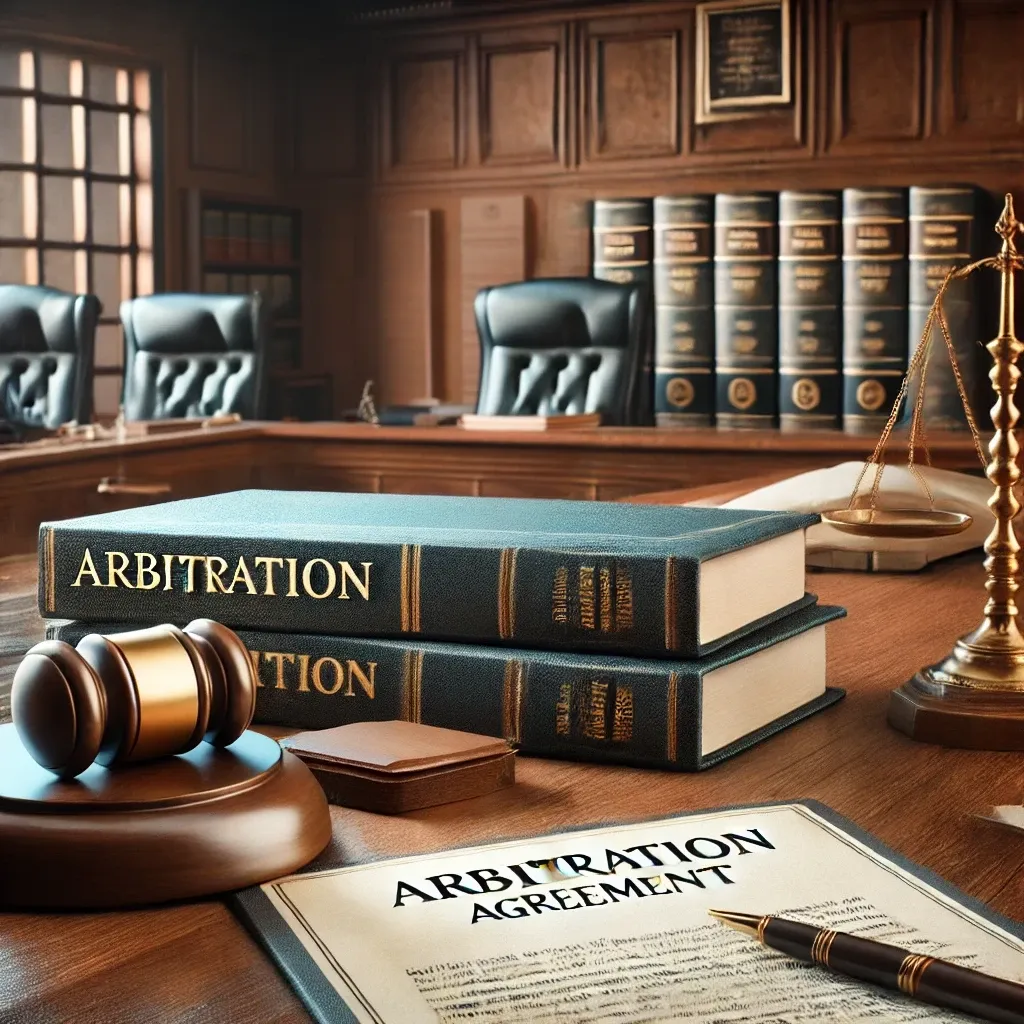The Supreme Court clarifies that referral courts under Section 11(6) of the Arbitration Act must limit their inquiry to the prima facie existence of an arbitration agreement, leaving merits to the arbitral tribunal.

The Supreme Court of India has once again clarified the limited role of referral courts under Section 11(6) of the Arbitration & Conciliation Act, 1996, emphasizing that their jurisdiction is confined to ascertaining the prima facie existence of an arbitration agreement. In this case, GOQII Technologies Private Limited, a technology-based wellness venture, invoked arbitration against Sokrati Technologies Private Limited under a Master Services Agreement (MSA).
The Bombay High Court dismissed the arbitration application, terming the claim frivolous, and conducted a detailed factual analysis, including an assessment of an auditor’s report. The Supreme Court, while setting aside the High Court's decision, reiterated that referral courts cannot assess the merits or frivolity of disputes at the referral stage. This judgment strengthens the legislative intent of the 2015 amendments to the Act, which aimed to streamline arbitration by minimizing judicial interference and preserving the role of arbitral tribunals.
The Conflict: Technology Meets Arbitration
The dispute arose from a Master Services Agreement (MSA) executed between GOQII Technologies Private Limited (the appellant) and Sokrati Technologies Private Limited (the respondent).
- The agreement included an arbitration clause (Clause 18.12) for resolving disputes.
- The appellant invoked arbitration after alleging breaches of the agreement.
- The Bombay High Court dismissed the appellant’s application under Section 11(6) of the Arbitration & Conciliation Act, 1996, labeling the claim frivolous and lacking merit.
Questions Before the Court: Beyond the Agreement?
- Could referral courts under Section 11(6) examine the merits of a dispute?
- Was the High Court’s scrutiny of the auditor’s report and dismissal of the claim lawful?
- Who decides the frivolity of a dispute—referral courts or arbitral tribunals?
Supreme Court's Verdict: Striking a Balance
The Supreme Court overturned the High Court’s decision, emphasizing the narrow scope of referral courts under Section 11(6).
The Limits of Judicial Intervention
- Referral courts can only assess whether there exists a prima facie arbitration agreement.
- The High Court exceeded its jurisdiction by delving into the merits of the dispute.
- The Court reaffirmed the 2015 amendment’s intent to reduce judicial interference at the referral stage.
Frivolity: A Question for Arbitrators, Not Judges
- The Court clarified that referral courts should not decide whether a dispute is frivolous or baseless.
- Arbitral tribunals are fully equipped to adjudicate on the merits and determine the frivolity of claims.
- By assessing the auditor’s report, the High Court disregarded the tribunal’s role.
Misuse of Arbitration? Imposing Costs on Baseless Claims
- To deter parties from initiating baseless arbitration proceedings, the Court suggested:
- Arbitral tribunals may impose costs on parties found guilty of abusing the process.
- This ensures that arbitration remains efficient and fair.
- Costs serve as a deterrent for claimants pursuing mala fide or non-existent disputes.
Judicial Restraint: Protecting Arbitration's Autonomy
Referral Courts Are Gatekeepers, Not Judges of Merits
- Referral courts must not go beyond verifying the existence of an arbitration agreement.
- Examining the merits of disputes undermines the legislative intent of the Arbitration Act.
Legislative Intent: Reducing Judicial Delays
- The 2015 amendment aimed to streamline arbitration by limiting judicial intervention at the pre-arbitral stage.
- Referral courts conducting detailed fact-finding defeat this purpose.
Prima Facie Agreements: The Threshold Test
- Once the existence of an arbitration agreement is prima facie established, courts must refer the matter to arbitration.
- In this case, the respondent did not dispute the validity of the agreement, which warranted referral to arbitration.
The Supreme Court’s Solution: Back to Basics
The Supreme Court emphasized adherence to the essentials of Section 11(6):
- Prima facie determination of the arbitration agreement.
- Avoidance of detailed factual assessments.
- Preserving the arbitral tribunal’s jurisdiction to decide on substantive issues.
The Court appointed Mr. S.J. Vazifdar, former Chief Justice of the Punjab & Haryana High Court, as the sole arbitrator to adjudicate the dispute.
What This Decision Means for Arbitration in India
Strengthening the Arbitration Framework
- The judgment reinforces arbitration as a speedy and cost-effective dispute resolution mechanism.
Minimizing Judicial Overreach
- Referral courts must act as gatekeepers, not arbitrators, preserving the tribunal’s autonomy.
Accountability for Frivolous Claims
- The directive to impose costs for baseless claims discourages misuse of arbitration, ensuring fair processes.
Lessons from GOQII v. Sokrati: A Blueprint for Arbitration
- Stick to the Agreement: Referral courts must only assess the prima facie existence of an arbitration agreement.
- Trust the Tribunal: Arbitrators are equipped to decide on merits, including frivolity.
- Costs for Accountability: Imposing costs deters misuse of arbitration, ensuring efficiency and fairness.
The Counsel Line-Up: A Battle of Arguments
For the Appellant (GOQII Technologies)
- Mr. H. D. Thanvi, Advocate
- Mr. Nikhil Kumar Singh, Advocate
- Mr. Achal Singh Bule, Advocate
- Mr. Rishi Matoliya, AOR
For the Respondent (Sokrati Technologies)
- Ms. Shweta Bharti, Advocate
- Mr. Jyoti Kumar Chaudhary, Advocate
- Mr. Nicholas Choudhury, Advocate
- Mr. Jatin Chaddha, Advocate
- Mr. Vineet Dwivedi, AOR
Case Title: GOQII TECHNOLOGIES PRIVATE LIMITED VERSUS SOKRATI TECHNOLOGIES PRIVATE LIMITED,
Attachment:





